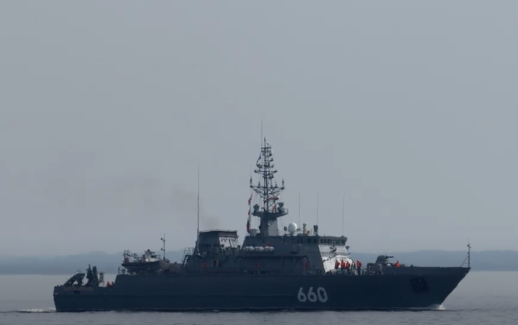Xi Jinping’s China has a problem in Russia’s past recognition of Ukrainian independence and sovereignty under the Yeltsin Administration, and in Russia’s Putin-era abrogation of the Budapest Memorandum. It was the Yeltsin Administration foreign policy that initially joined Russia to the core treaty of the Shanghai Five in 1996, later renamed the Shanghai Cooperation Organization (SCO) in 2001 by addition of new members, yet with the PRC remaining the chief principal Secretariat and its Charter terms conditioning membership on recognition of Taiwan as part of the PRC while China need not recognize other members’ territorial claims.
If the PRC today supports Putin’s war of aggression in word or deed, it not only violates the SCO’s purportedly peaceful purpose, it delegitimizes the international meaning of the Yeltsin Administration’s international actions on behalf of Russia to include the recognition of Ukrainian independence and sovereignty and the Yeltsin-era accords with China and the Shanghai Five as a basis for the SCO. It would seem to release post-Yeltsin Russian administrations from Yeltsin-era commitments to China under the SCO by China’s recognition of Putin’s claim to Ukraine, a decidedly non-peaceful purpose for the Organization.
It appears the PRC has put itself into a knot of contradiction wherever it has by deed or word supported dictator-President Vladimir Putin’s war of aggression against Ukraine to make Eurasia less multipolar and more unipolar despite the SCO’s stated multipolar purpose. Mutually supporting bipolar militarism in the East is not “multipolar” or peaceful.
As for peaceful means as part of SCO legitimacy, it was Shanghai Cooperation Organization Secretary-General Rashid Alimov who in 2017 wrote this in the U.N. Chronicle:
The ethos written above clarifies the legitimate purpose and commitment of the SCO and stands in contrast with SCO member aggression by dictator-President Putin’s invasion and military aggression against Ukraine together with China’s support of same. Finally, Putin’s war also clashes with PRC President Xi Jinping’s stated principles for pursuing a “path of peaceful development.”

